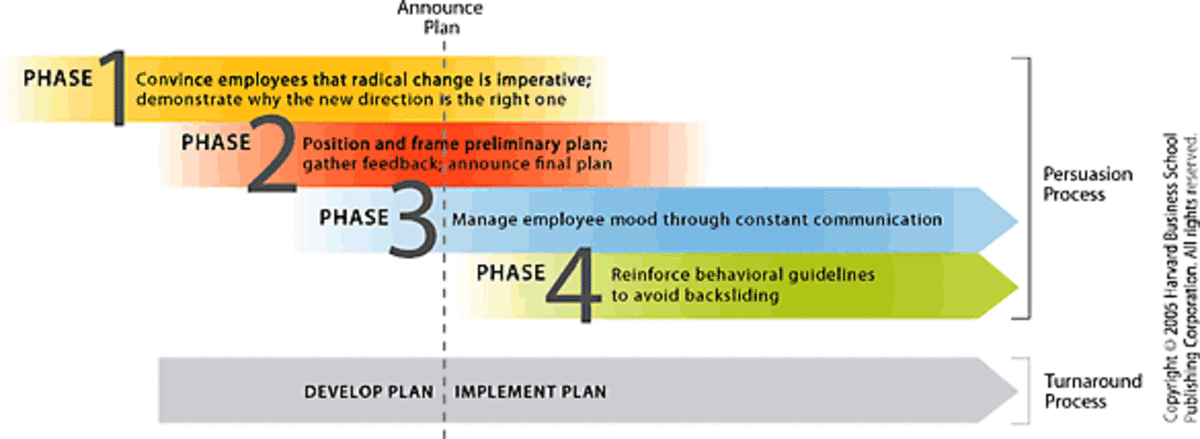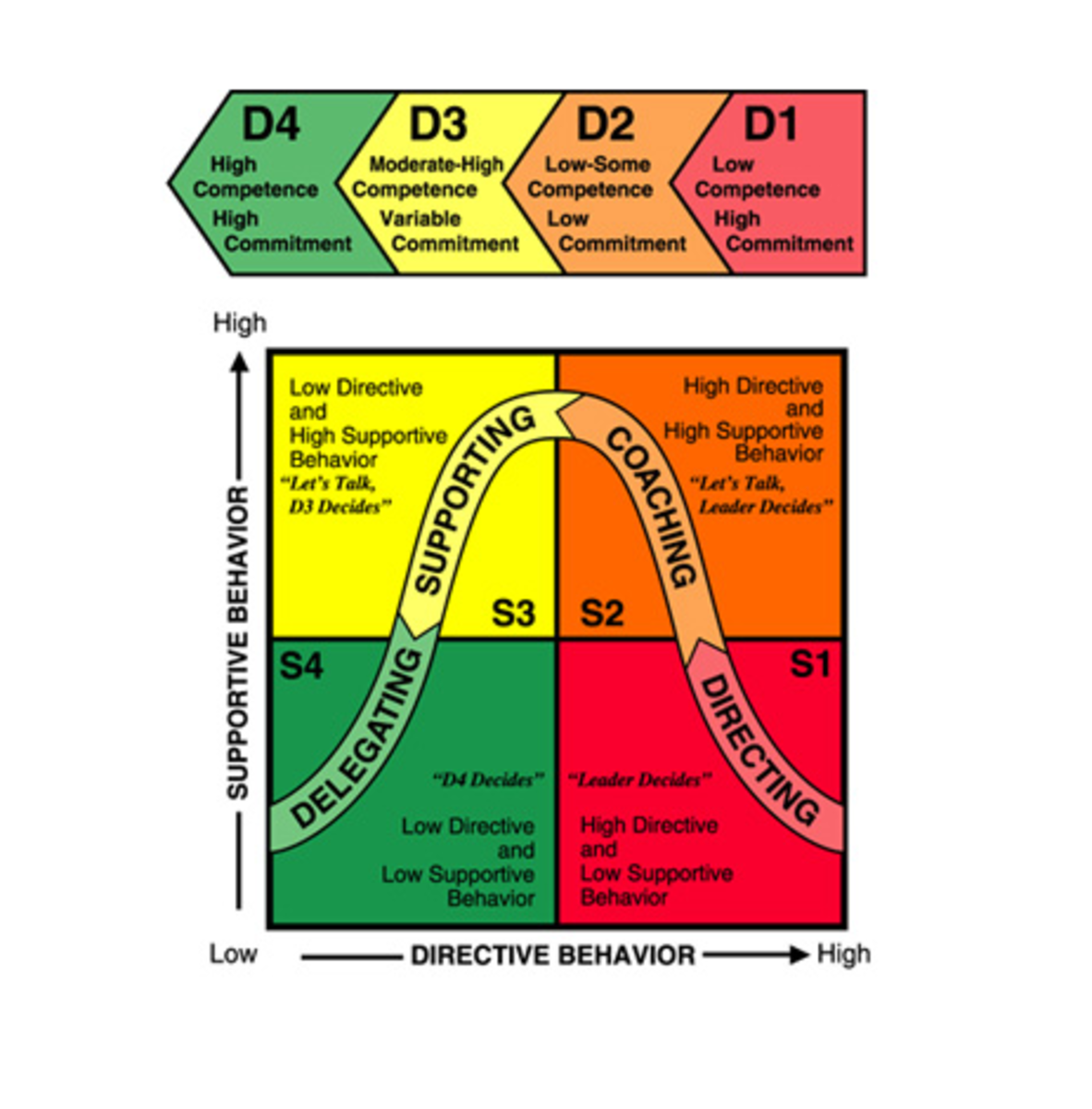The Importance of Teamwork in an organization
What is really meant by the term teamwork? All of us have an opinion of what the philosophy of teamwork involves but we need to look at the definition and compare it to our own perception.
The first definition comes from www.dictionary.reference/browse/teamwork. It states teamwork is a “cooperative or coordinated effort on the part of a group of persons acting together as a team or in the interests of a common cause.” The key words in this definition are persons working together.
The definition which can be found in Merriam-Webster dictionary explains it more clearly with emphasis on a specific point which seems to be forgotten many times in a team involved activity. The definition states teamwork is: “work done by several associates with each doing a part but all subordinating personal prominence to the efficiency of the whole.” As mentioned the specific point involves each individual working together each doing their part to accomplish their responsible activities/goals for the betterment of the team to reach the objective.
Teamwork in a business environment as identified in www.businessdictionary.com’s definition is a critical part of a business. The definition states: “Teamwork is often a crucial part of a business, as is often necessary for colleagues to work well together, trying their best in any circumstance. Teamwork means that people will try to cooperate, using their individual skills and providing constructive feedback, despite any personal conflict between individuals.”
From yourdictionary.com is a list of skills for good teamwork to exist. The list is below:
Respect for individual contributions - Each individual in a group or team environment must respect individual contributions to team goals and activity. Input by all individuals should be welcomed with open arms. All of us have talents and expertise that other individuals in a team may not have. We learn as individuals and sometimes those experience or knowledge can be beneficial in a team environment.
Putting aside individual glory – The true measure of a team is having the team receive the recognition for their activity in reaching the goal or purpose in relation to the purpose of the team. Teams succeed as a result of the entire team’s efforts. It is not about an individual but the team and the success should be recognized as a team not as an individual.
Consensus building –
In a team environment there needs to be activity concerning the approach or approaches to be taken in conjunction with a team’s goal or purpose. This is important in that there must be agreement as a team to provide the steps to take or that should be taken to achieve the purpose of the team and to examine problems and provide solutions. Sometimes it is a matter of determining actions to improve efficiency in specific areas of an organization.
Clear communication –
Clear communication is important not only in a team environment but before a team is created to tackle a specific problem or to reach a goal. Clearly identifying a problem or goal is important for a team to understand the objective.
Persuasive speech –
One a team has finished a project or it needs some support it is important to have someone who can convince management of their needs. In addition it is important to be able to convince management or any individual who must approve suggested actions related to any results from a team effort. The need for teams in a business environment cannot be understated. It often takes a team to provide the resources to accomplish an assignment that one individual cannot accomplish on their own.
Compromise –
The principle or philosophy of compromising is a necessary aspect of working as a team. It would be unusual that no compromise is involved in team activity. There are always going to be common objectives along with differences in philosophy or approaches and how these differences will be addressed to move forward will play an important part of a team’s success or failure.
Two characteristics of a team environment which can be critical to their success was found on www.Samllbusiness.chron.com. The two characteristics are below:
Cooperation must exist for the common goal of the entire team. In addition team environments usually develop working relationships that go beyond team activity. Many times individuals find they can work together separate from a full team environment. Creating working relationships also adds to increased cooperation in many cases. Cooperation in a team or business environment is critical to get anything done. Cooperation must exist from the top down in an organization for if there is no cooperation when decisions need to be made it will not only hurt the company it will negatively affect employee morale.








